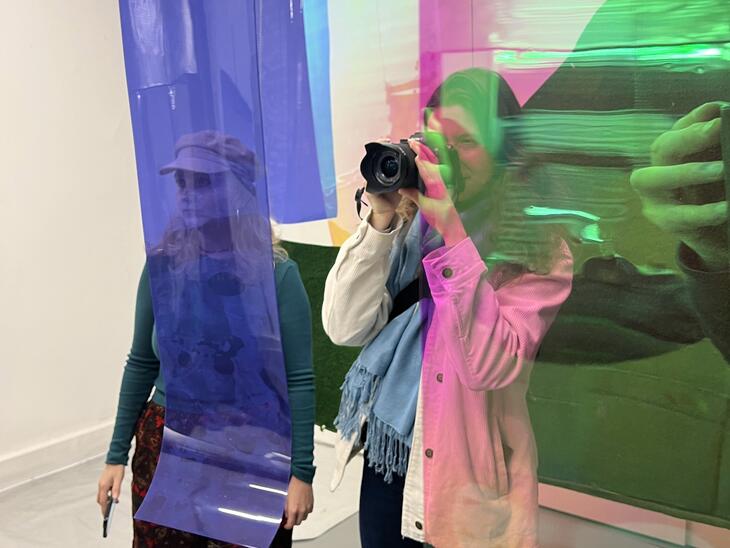
The interdisciplinary teacher training programmes in art & design and technology & design have not only been given new names, but also a new focus in terms of content.
+++ Study Information Days 2026 for many of our studies: all dates can be found in the event calendar! +++


The interdisciplinary teacher training programmes in art & design and technology & design have not only been given new names, but also a new focus in terms of content.
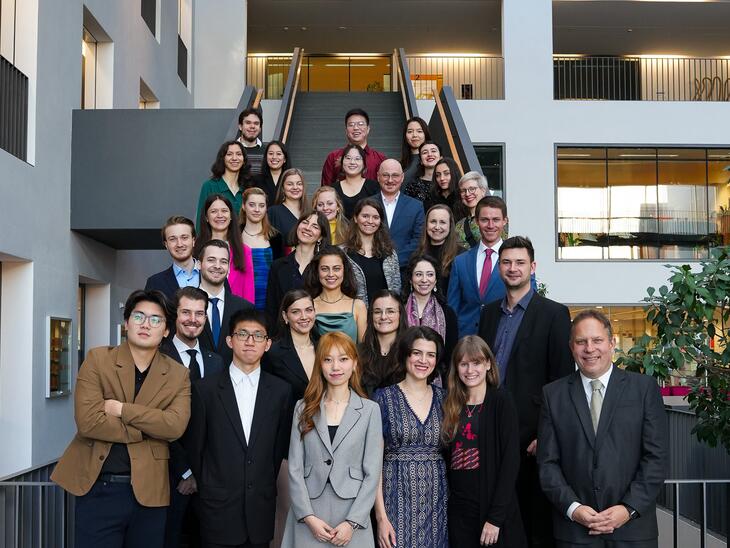
The Mozarteum University Salzburg warmly congratulates all graduates who celebrated their achievement at the ceremony on 9 December 2025 in the Solitär.
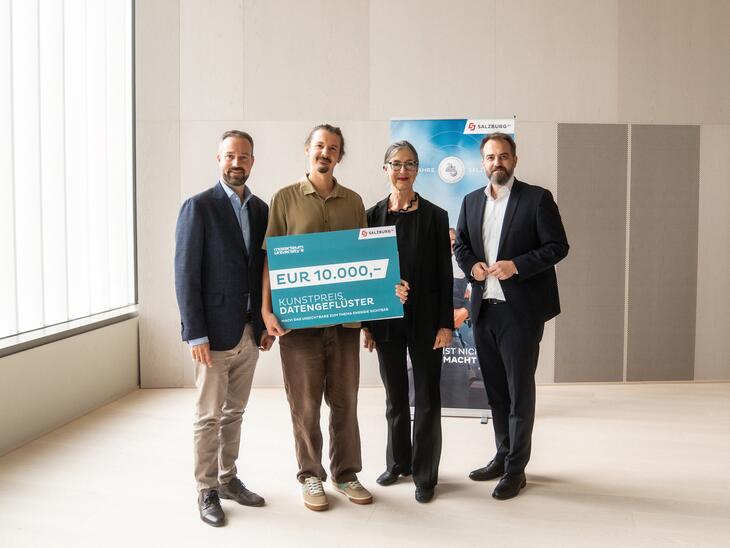
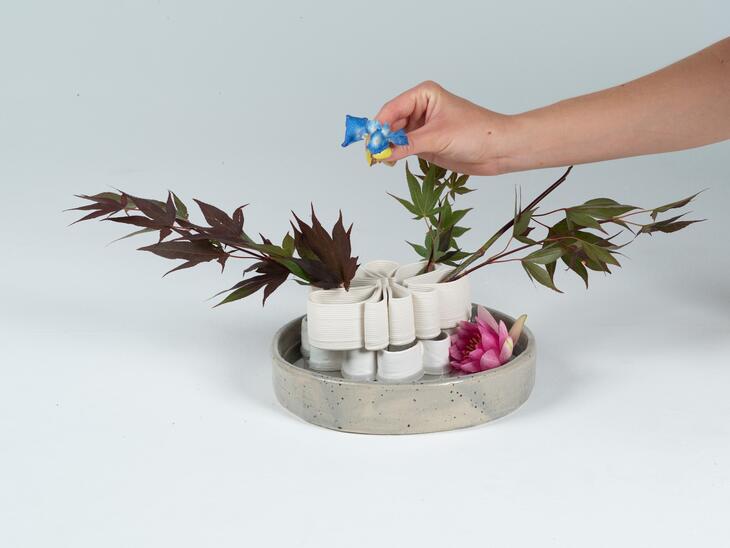
In the summer semester of 2024, students studying design: technology.textiles developed the ‘House of Nice’ – a conceptual pop-up store that uses handmade products to open up individual perspectives on the theme of time. The bachelor's students developed, designed and produced products and presented them in the form of a perspective shop.
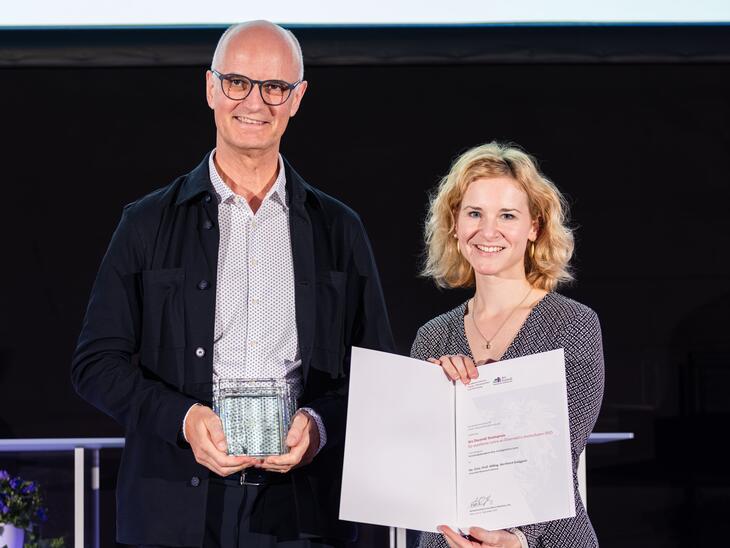
The artist and art pedagogue Ao. Univ.-Prof. MMag. Bernhard Gwiggner has been awarded the 2025 Ars Docendi prize for teaching excellence by the Austrian state. The interdisciplinary cooperation "tradition2go: zwischen kultur und wahnsinn" ("between culture and madness") was a collaboration during the 2023/34 academic year between the Sculpture Class at the Mozarteum University and the Salzburg Museum. The project went hand in hand with the exhibition "Masks, Traditional Costumes, Cult Objects - 100 Years of Folk Culture" at the Salzburger Monatsschlössl Hellbrunn.
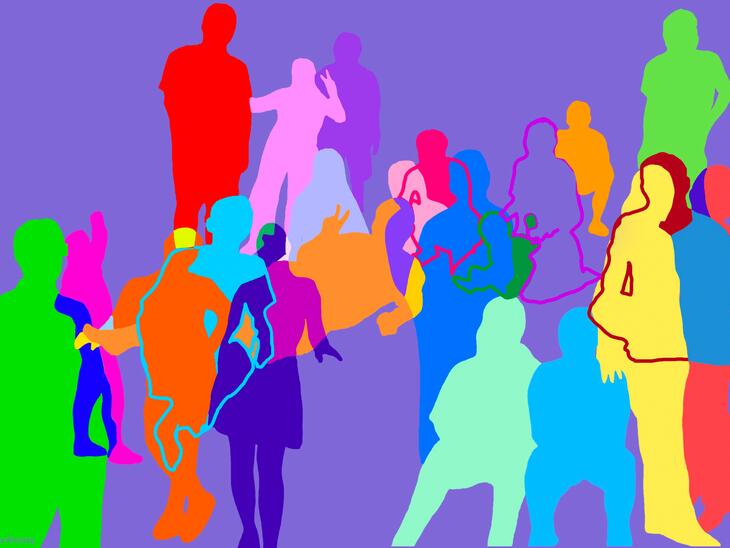
This individual project focuses on the role of community in art education theory, school practice and education policy, and is being carried out in collaboration with partners from the universities of Cologne, Siegen, London, Winneba and the Exploring Visual Cultures network (EVC).
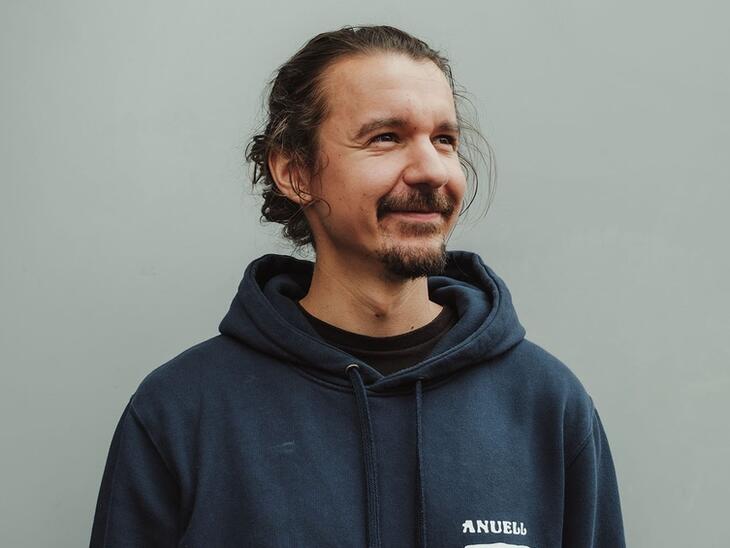
The Salzburg AG Art Prize in the field of visual arts for students at the Mozarteum University Salzburg, worth EUR 10,000 and awarded for the first time, goes to Lukas Stangl (born 1992, Austria). With the Salzburg AG Art Prize, Salzburg AG promotes artistic engagement with the theme of ‘energy’. Theme of the first edition: Data Whispers: Making the Invisible Visible – congratulations!
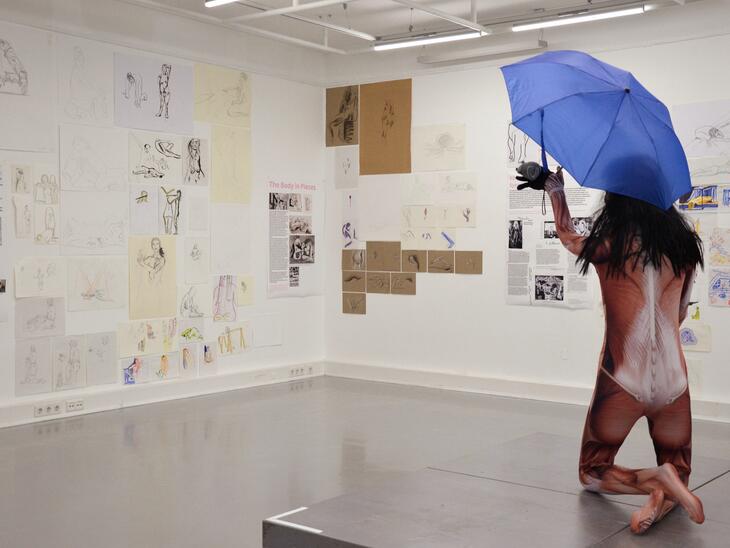
While artistic education was radically rethought in the 20th century, nude drawing as a teaching format has not been fundamentally reformed since the 19th century. As an integral part of the teaching program at contemporary art academies, it is largely continued and valued in its historical form or in close reference to it.
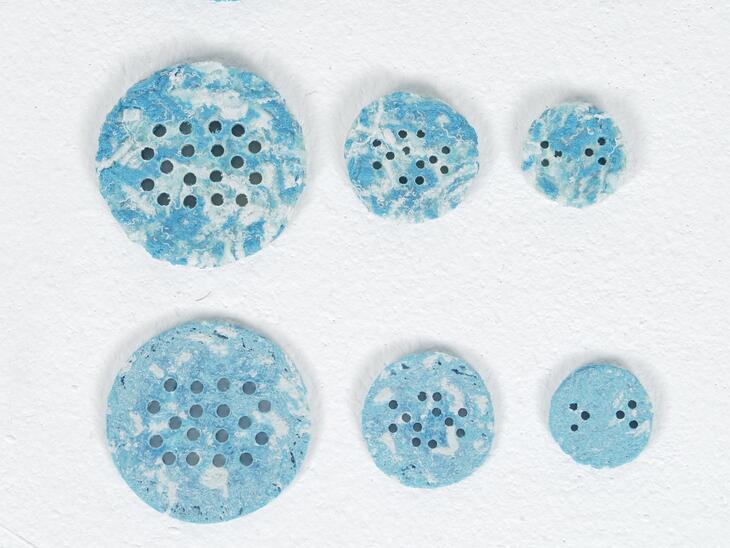
As part of Master Project 1, students were able to decide on a free topic. Students formulated the title, topic, task, questions, parameters and objective at the beginning of the semester.
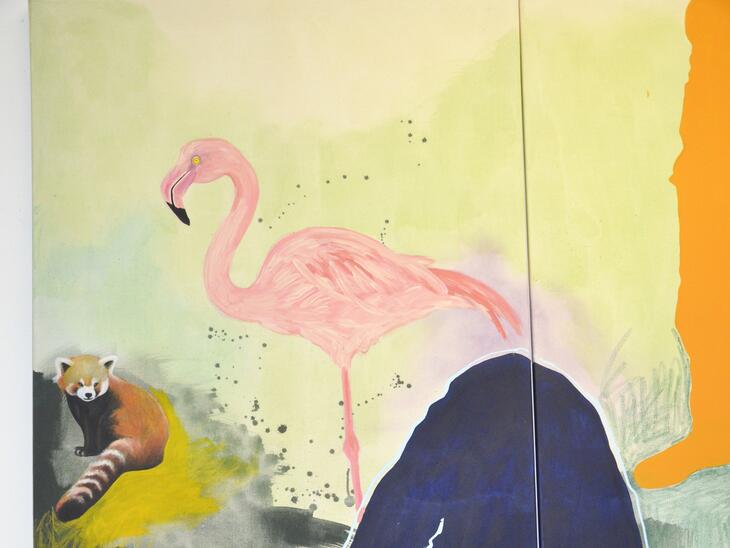
Dear diary, dear studio, dear society! Painting students reflect on questions of individuality and self-conceptions as well as their entanglement and embedding in social contexts in dialogue with selected films (Caro diario, Synecdoche NY, Der Sammler und die Sammlerin...).
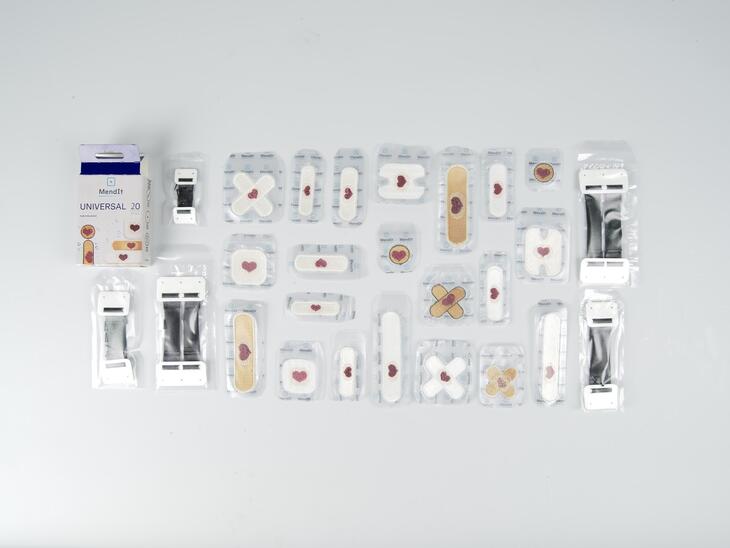
In the ‘Ambulance for Things’ project, the workshop was transformed into a creative outpatient clinic for a semester, in which objects were not simply repaired, but redesigned and transformed. The repair served as a creative means of not only returning things to their original function, but also giving them a new aesthetic or even a completely new use.
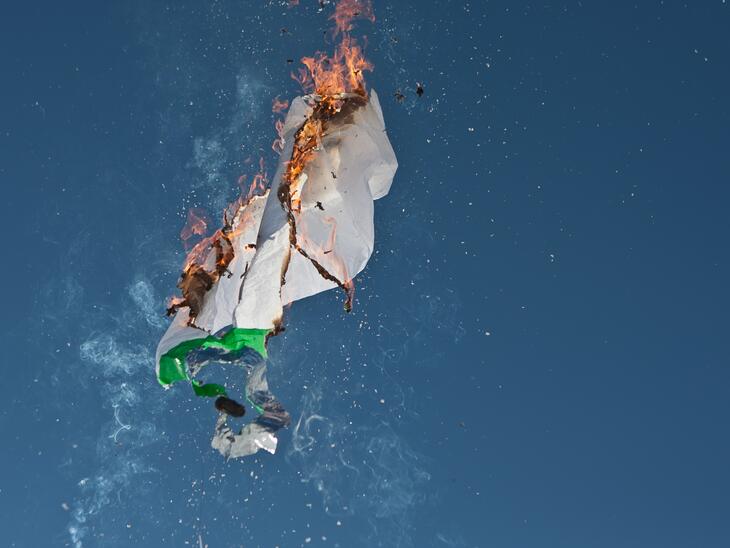
Where art and design meet education: the Department of Fine Arts & Design at the Mozarteum University Salzburg offers students an inspiring environment in which artistic and design practice, theory and teaching are combined. On 18 and 19 March, the department opens its doors to all interested parties at the Open House.
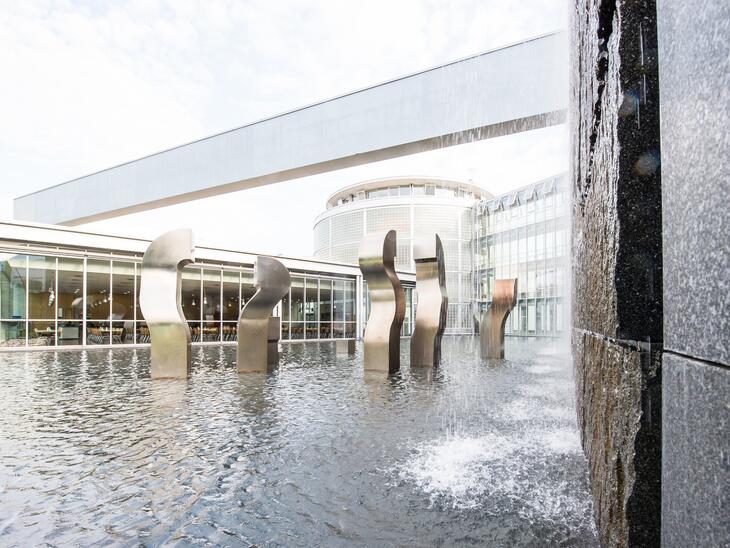
Data whispers: Making the invisible visible. Salzburg AG endeavours to promote artistic exploration of the topic of ‘energy’. The Salzburg AG Art Prize for students of the Mozarteum University Salzburg is intended to honour outstanding projects in the field of visual arts and make a lasting contribution to artistic reflection.
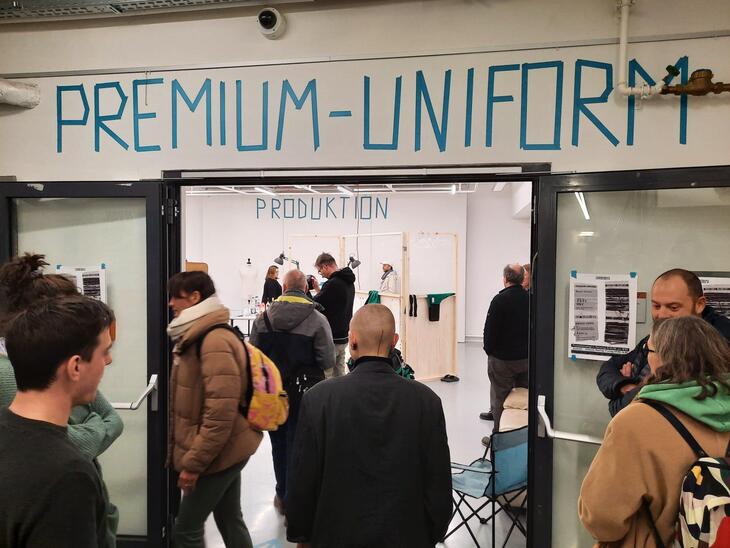
The "work in progress" exhibition format PREMIUM-UNIFORM will constantly change and develop. By sewing the existing old textiles, new fancy creations, unique objects, practical workwear and experimental works are constantly being created. These will be placed in the exhibition space for you to pick up at your leisure.
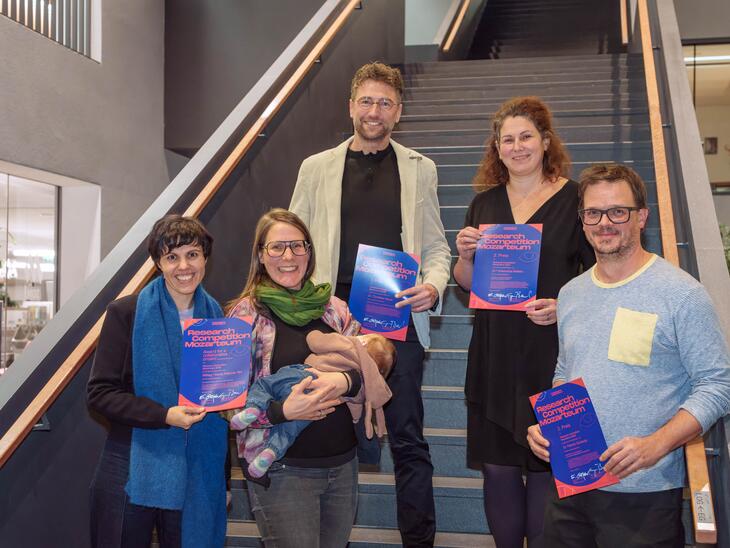
And the winner is... The university's internal Research Competition Mozarteum (RCM) took place for the 6th time in 2024 and has established itself as a fixed part of the university's annual schedule. On December 3, the best submissions were honored at the Award Ceremony with the involvement of the international RCM jury.
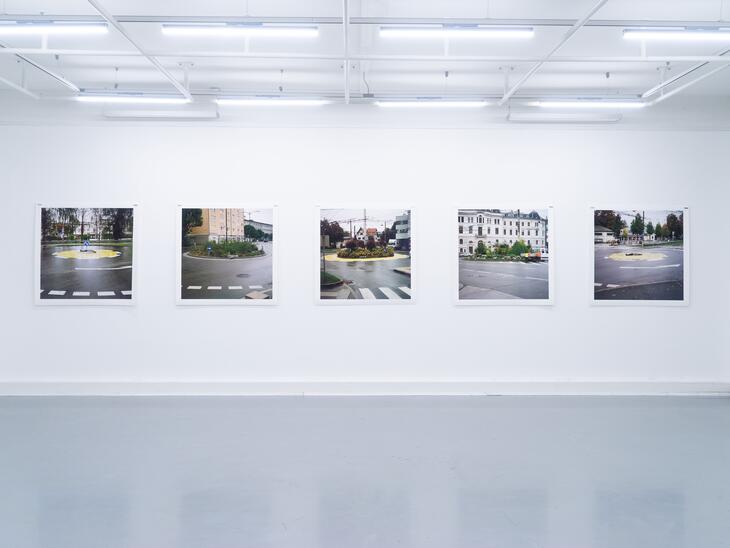
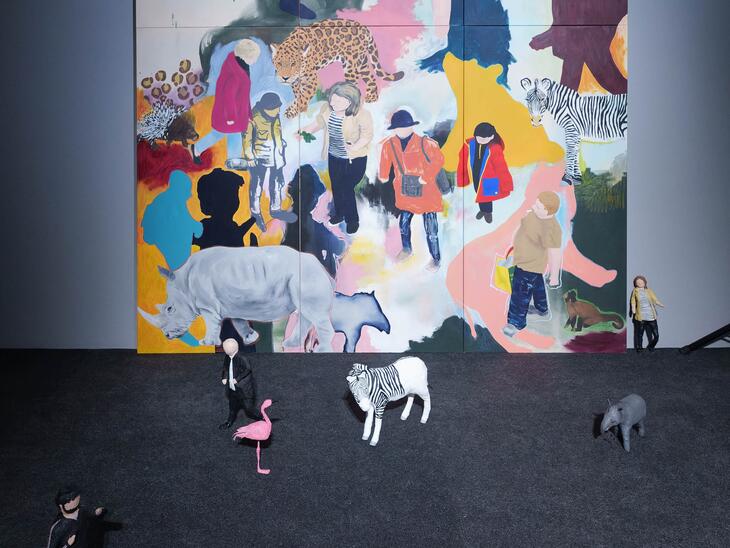
Exhibition by Anna* Marina Ernst, Melina Harting, Mirjam Kämmerer, Sophia Kraus, Leonie Lindinger and Vanessa Veljković from the Department of Fine Arts & Design at the Mozarteum University Salzburg at the Salzburger Kunstverein.
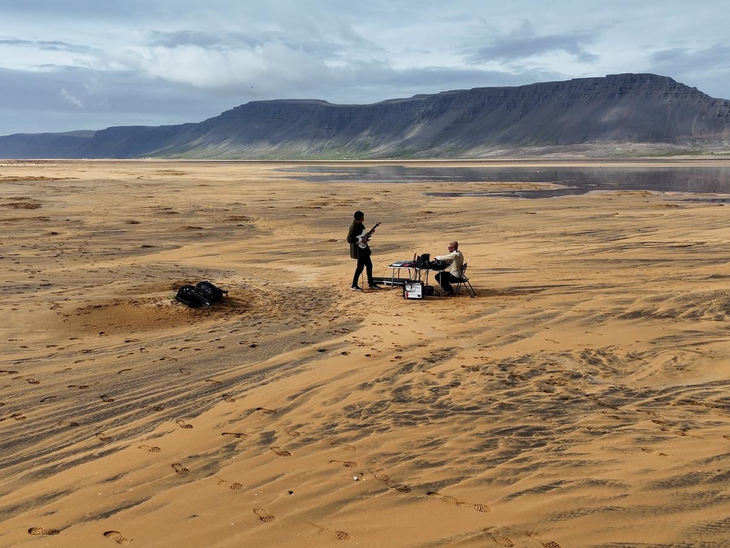
The ‘With Dylan on the Road’ travel grant was conceived for the first time in 2022, enabling artistic teams to travel in the footsteps of Bob Dylan and develop projects. The trips took them to European countries as well as (North and South) American and African countries and brought back a variety of artistic works, from performance to song, from graphic work to theatre pieces, from video installations to artistically sophisticated documentation. With ‘With Dylan on the Road 2’, the Asian region (Japan, Korea, but also Turkey) is now also included in the above-mentioned geographical area, or rather opened up by the ten new artistic-scientific projects.
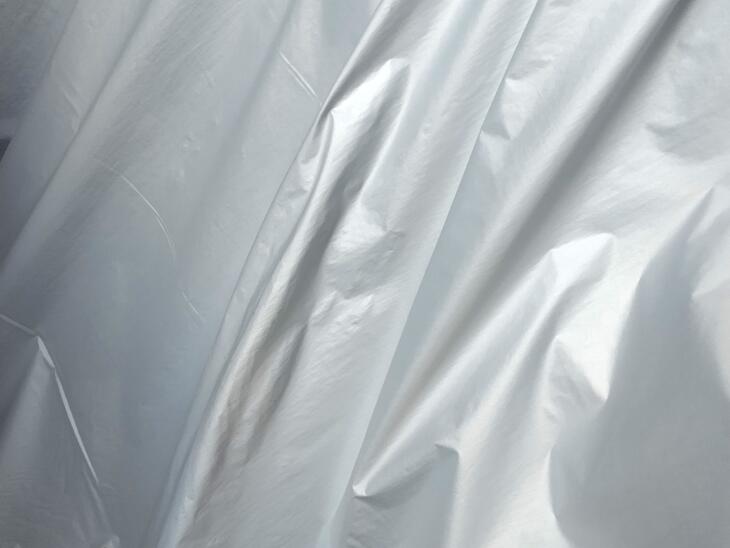
The grant for sculpture, plastic and object 2024 from the province of Salzburg goes to the two artists Gertrud Fischbacher from the Institute for Open Arts at the Mozarteum University and Marius Schebella from the Department of Creative Technologies at Salzburg University of Applied Sciences. Their interactive spatial installation ‘Walk On By’, which artistically explores the link between textiles and sound and will be on display in the entrance area of the Traklhaus from spring 2025, will be honoured. The scholarship (incl. production costs) is endowed with 8,000 euros.
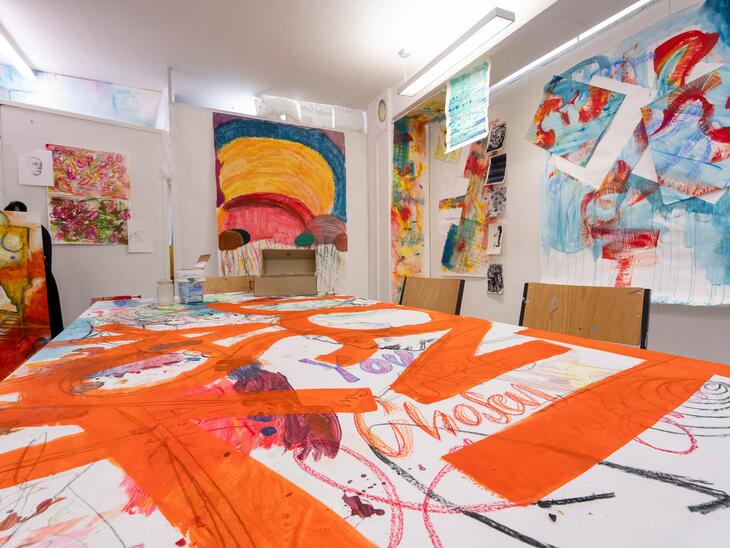
Great success for the Mozarteum University: The FWF (Austrian Science Fund) is funding the project ‘Aesthetic judgement in community’ by Iris Laner with 485,430 euros. The individual project is dedicated to the role of the community in art education theory, school practice and education policy and is being carried out in collaboration with partners from the universities in Cologne, Siegen, London and Pretoria.